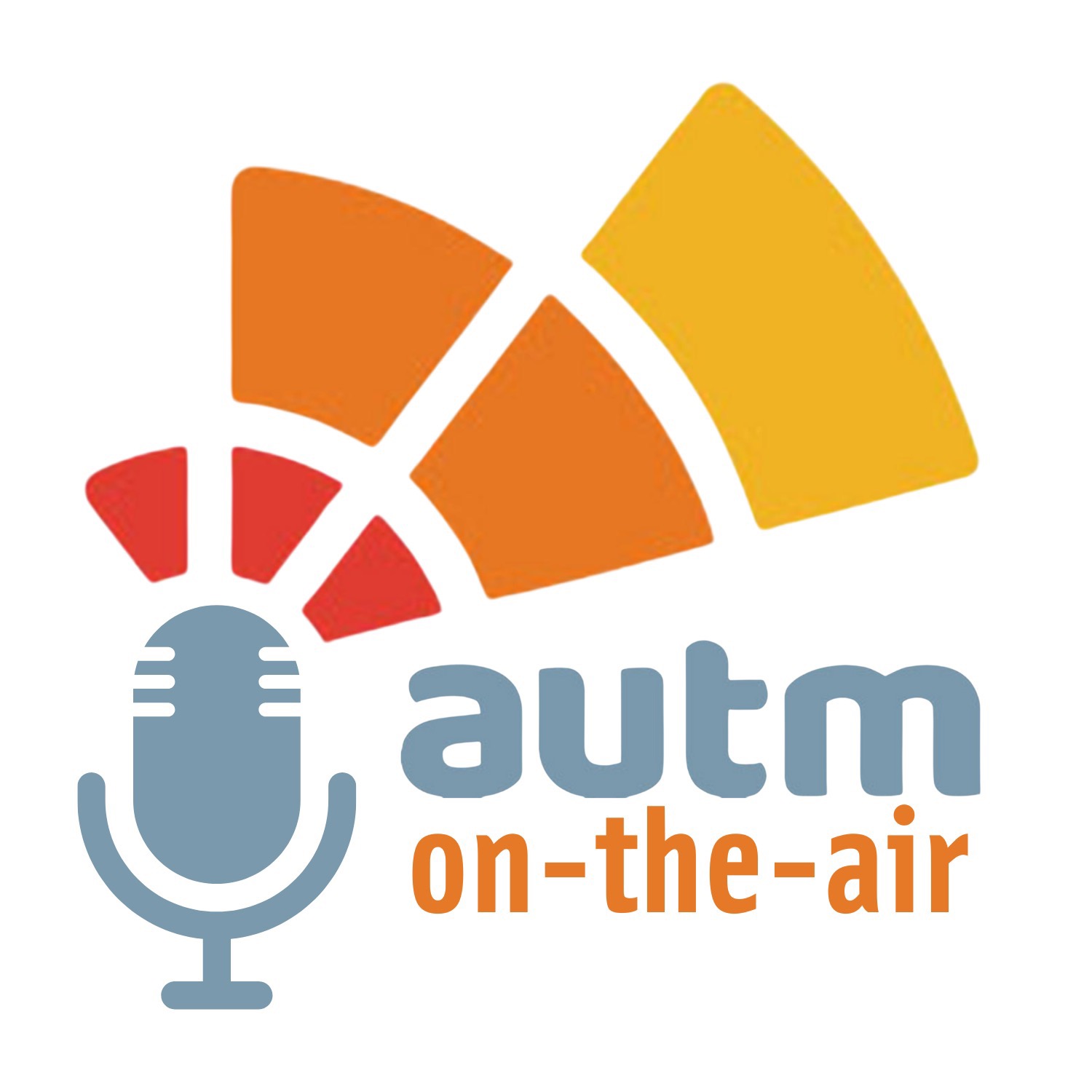Inclusive Innovation: Bridging the Inventor Gap with Insights from Colleen Chien and Lisa Larrimore Ouellette
34m | Jan 31, 2024Have you ever wondered why some voices are less heard in the world of innovation? In this episode, we're diving into a critical topic within the realm of U.S. innovation – the existing inequity in patent inventorship. This issue has led to a significant "innovator-inventor" gap, marked by the underrepresentation of women among patent inventors and the obstacles encountered by inventors from low-income backgrounds. I'm thrilled to have the opportunity to shed light on this important subject and am joined by two specialists in the field.
Colleen Chien is a distinguished scholar at the US Patent and Trademark Office (USPTO) and a faculty member at Berkeley Law School, where she co-directs the Berkeley Center for Law and Technology. Known for her expertise in patent law and policy, she has testified before Congress and worked as a Senior Counselor at the Department of Commerce. Professor Chien also founded the Paper Prisons Initiative and the Diversity Pilots Initiative, focusing on second-chance eligibility and inclusion in innovation, respectively.
Lisa Larrimore Ouellette, the Deane F. Johnson Professor of Law at Stanford Law School and a Senior Fellow at the Stanford Institute for Economic Policy Research, specializes in intellectual property and innovation law. Her work, grounded in her physics background, focuses on patent policies, scientific input in patent examination, and the intersection of IP with broader innovation strategies. An award-winning educator, she co-authored a patent law casebook and received the John Bingham Hurlbut Award for Excellence in Teaching. Her expertise also covers trademark law, online survey evidentiary value, and the implications of differing legal review standards.
In This Episode:
[03:27] Lisa shares how non-diverse invention and entrepreneurship is in the U.S. There are vast inequalities by gender, race, income, and geography.
[04:32] The “innovator-inventor” gap is the gap between those who innovate and those who actually become inventors. Only 13% of patentees are women. There is a gap between those who are in the workforce and those who are actually inventing and getting credit for it.
[07:11] Why is equitable inventor attribution important? There are clear benefits for those who receive patents and they should be equitably distributed.
[08:18] All-female inventor teams are more likely to focus on women’s health
[08:54] There are some studies that point to unconscious bias in the patent process. Women not only have lower allowance rates on patents but those with more feminine names did even worse.
[10:48] The standards for authorship and patent inventorship are different. Paper authors are governed by scientific norms. Patent law has long favored coming up with the idea over doing any of the work implemented in practice.
[12:39] Contributorship helps explain the rules of those involved in the paper. They looked at data sets to find people who were credited with conceptualization and/or investigation. Women were credited with conceptualization 38% of the time.
[15:05] What universities and corporations can do to help reduce this disparity in patenting. These are the ones closest to the innovators, and they can best understand what's prohibiting women from starting the process. Surveys can be used to help understand what's preventing them from getting through the process.
[18:42] The USPTO can help users understand the process, so they claim the patents that they're entitled to.
[23:03] Conducting careful assessments when working on a patent application can help give credit to all of the authors and inventors.
[24:25] Other steps that can be taken include making sure that bias isn't part of the role and listing people who've contributed in other ways.
[26:15] Professor Chien talks about her paper, Redefining Progress.
[28:32] Diversity Pilots Initiative is working with companies and doing surveys to really find effective practices.
[32:13] It's important for everyone to be able to see themselves as potential innovators. If you have an idea that you think is worthy for a patent, reach out to the patent office.
Resources:
Lisa Larrimore Ouellette LinkedIn
Redefining Progress: the Case for Diversity in Innovation and Inventing
Innovator Diversity Pilots Initiative
Innovator Diversity Pilots Conference
